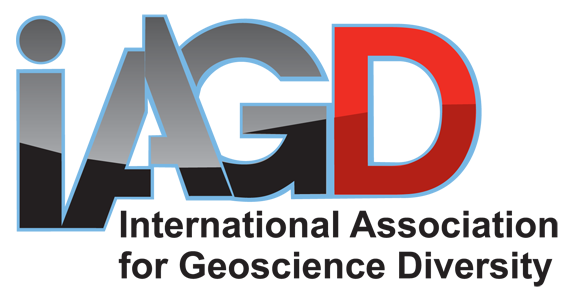- Name
Rick Bennett
- Member Type
- Institution/Employer
- Title
- About Me:
Rick Bennett is Professor in the Department of Geosciences at University of Arizona. He also serves as Professor in the “Remote Sensing and Spatial Analysis” and “Global Change” graduate interdisciplinary programs. Rick serves as Faculty Fellow in the University of Arizona’s Disability Resource Center. He has created and leads an accessible geoscience study abroad program based in Orvieto, Italy, that introduces students to Earth observation data sets, concepts of space geodesy and remote sensing, as well as open source software (Bash, Python, GMT, Git/GitHub,…) for data acquisition, analysis, and visualization. Rick has two decades of experience in scientific research using methods of GPS geodesy, and he has been mentoring Earth Science undergraduate and graduate students for more than 10 years. He has served on graduate dissertation committees in Solid Earth Geoscience, Hydrology, and Atmospheric Sciences. He has led high precision geodetic surveys in Argentina, Arizona, California, Croatia, Iceland, Italy, Mexico, and Panama. He was Principal Investigator on numerous research projects funded by a variety of sources, including the National Science Foundation (NSF), the National Geodetic Survey (NGS), the National Aeronautics and Space Administration (NASA), the United States Geological Survey (USGS), and the Southern California Earthquake Center (SCEC). His research has touched on a wide range of issues of relevance to society, including tectonic plate motions, earthquakes, magmatic systems, meteorology, glacier dynamics, terrestrial water storage, and sea level rise.





